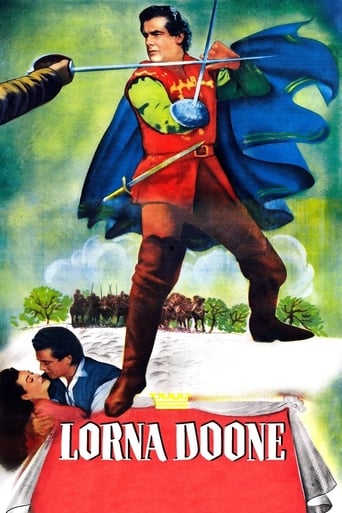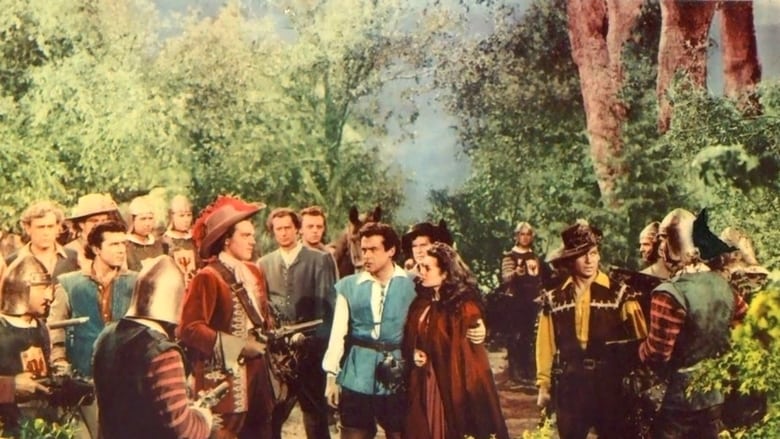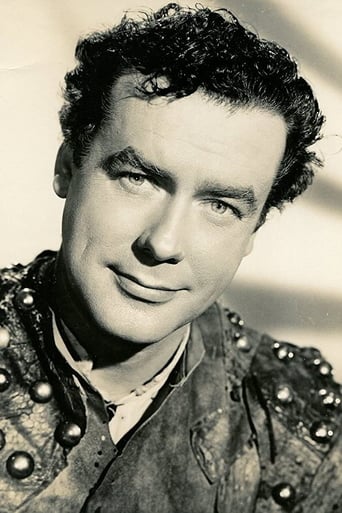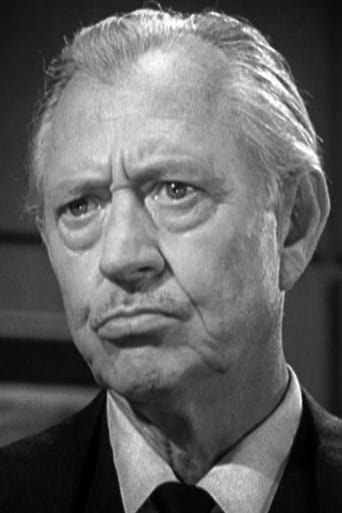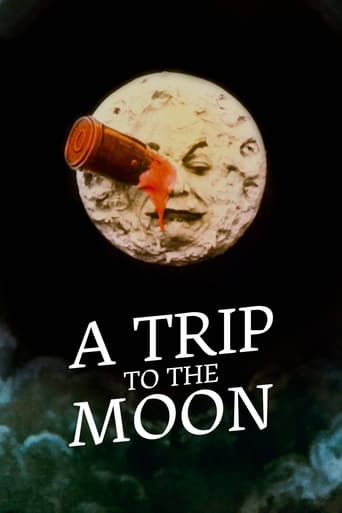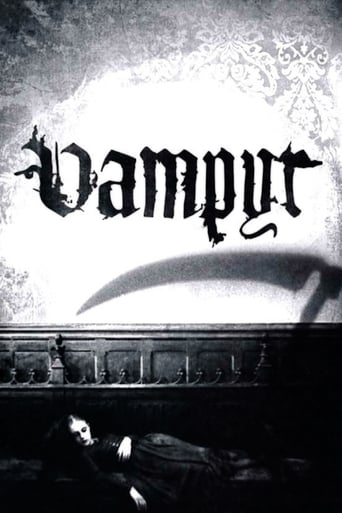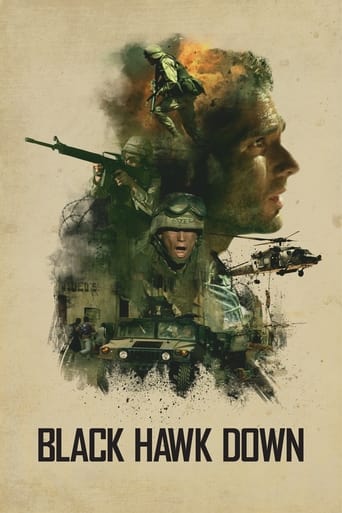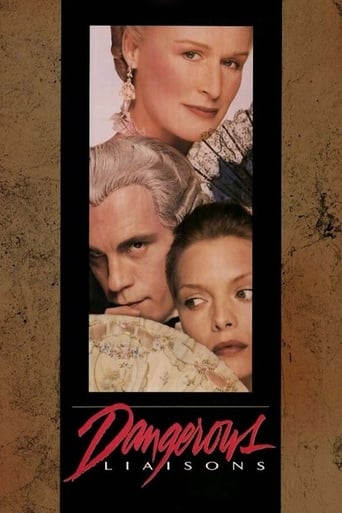Lorna Doone (1951)
An English farmer leads a village uprising against their corrupt landlords.
Watch Trailer
Free Trial Channels
Cast
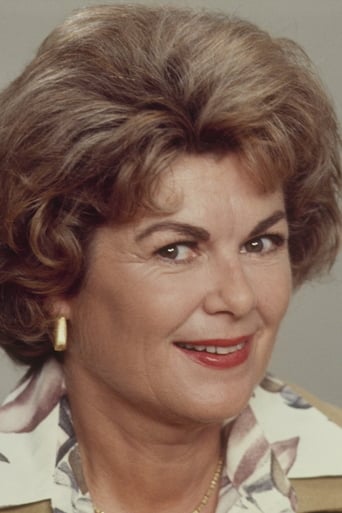


Similar titles
Reviews
I like the storyline of this show,it attract me so much
Really Surprised!
An Exercise In Nonsense
It is neither dumb nor smart enough to be fun, and spends way too much time with its boring human characters.
The painful thing about this film is the grotesque distortion of the original novel. Unfortunately, this is what Hollywood used to do with great classics in the early 50s - there are numerous examples, like for instance Henry King's "King of the Khyber Rifles" with Tyrone Power, reducing him to a puppet and the story to shambles. Here at least the surroundings are true to the book - a recklessly romantic landscape with that stupendous waterfall as the centre of the stage, the music is also very well contrived, but all the rest is just common Hollywood artifice. They try to sugar it with some swashbuckling scenes, great sword fights, a royal intrigue (missing in the novel) and villains as wicked as possible. This was not worth seeing except for the colours, the settings, the romance (more for Barbara Hale than for Richard Greene) and the characters of Charles II and Ron Randell as Tom Faggus, the only fresh touch of humour in this depthless hollowness.
This fantasia on British peasant life during the time of King Charles II is fun for what it is, but it's more of the same, especially from the stable of swashbuckling historical epics coming out of the vault of producer Edward Small. The man who gave us various Counts of Monte Cristo and various men and women in iron masks now takes on the legend of the wealthy Doone family, a ruthless band of dukes who took a good majority of crops and livestock on the lands they leased as rent, and have ruthlessly pillaged the countryside. The narrative makes it clear that they were enemies of the monarchy, apparently trying to increase the amount of land they own in a presumed effort to take over the country. Young John Ridd witnesses his father being killed by the Doones, and climbs up a waterfall to a cave entering the Doone's private lands to plead for mercy. There he meets young Lorna and two other young male relatives whom it is obvious he will grow up to fight and try to bring down in adulthood. Years go by and the peasant life hasn't improved, only worsened. As the two younger members of the family become men, they strive to keep the peasants down even more, and Ridd (Greene) vows to bring them down, even as he falls more in love with the beautiful title character (Hale) who has a birth secret even she isn't aware of.While this was considered a B film, the colorful photography often tries to hide that fact, and what comes out of this is a pleasant historical action film that while not quite "Ivanhoe" or "Knights of the Round Table" is compact and possibly even more entertaining. Greene and his band of men strive to take down the Doones' army and eventually plead with King Charles II (Lester Matthews) for aide. Charles, one of the most noble of kings, hears him out, and this leads to a union between Greene and Hale which sends the remaining Doones on a course of revenge that ends up with the two old rivals battling Greene, leading back to the entrance to the waterfall cave and a final battle that is riveting and suspenseful. Not a great film by any means, it's a pleasant time filler, and a good opportunity to see the lovely Hale long before she became Della Street and the Amana spokeswoman. Greene gets to show off his fine physique, bronzed by the colorful cinematography. Carl Benton Reid gives a wise, sensitive performance as the older Doone, betrayed by his own family, and William Bishop and Onslow Stevens make delightfully hissable villains. There are other versions of this story out there that might give truer portrayals, but this one is interesting from the viewpoint that it takes.
This Hollywood rendition of the British literary classic by R.D. Blackmore was dubbed "grotesque" by the late, eminent but notoriously conservative film critic Leslie Halliwell where, he opined, the narrative was treated "as if it were a Western"! Such a damning assessment did not augur well, to be sure – but, then, Leonard Maltin rated it higher than the director's best-regarded costumer i.e. the just-watched THE BRIGAND (1952). The truth, as often happens, lies somewhere in between: while the plot does feel like a typical 'terrorized homestead' scenario, it is nevertheless engaging (indeed, more so than the better-received 1934 version that had preceded this viewing!) and, to its credit, looks veritably gorgeous in the Technicolor print shown on Australian HD-TV I acquired (despite the "Back Soon" and "Now" announcements signalling frequent commercial breaks!). Still, it does not quite have the impetus to rise above the clichés – lacking the wit and verve that would characterize THE BRIGAND and substituting glumness, ill-matched stars (Barbara Hale and Richard Greene) and a decidedly anodyne villain (William Bishop)!While the essence of the tale, at least as shown in the earlier adaptation, is there, a number of crucial differences are also on hand – which, again, can either work in its favour or against: first of all, the Doones (headed by siblings Carl Benton Reid and Onslow Stevens) reside in a castle and, rather than mere bandits, are overlords enslaving the people a' la Prince John in the Robin Hood legends; the male protagonist here is a soldier in King Charles II (not James!)'s army, so that the opposition he offers involves military tactics (a planned sneak attack by way of the waterfall which had introduced the hero to Lorna as kids) instead of just an impulsive personal vendetta; the character of Tom Faggus (played this time around by Ron Randell) is much more important here but, then, his romance with Greene's barely- registering sister feels contrived; a number of violent scenes (floggings, hangings) are incorporated, culminating in full-blown swashbuckling action at the climax; there is not one but two interrupted wedding ceremonies (in both of which Lorna is the prospective bride!), with the last semi-tragic one preceding the inevitable showdown between her two contenders – which, however, ends with the predictable fall from a great height and not a marshland drowning; Lorna's background (a spiteful kidnapping stunting her regal birthright), on the other hand, is more than adequately dealt with since the King himself comes into play on a couple of occasions! With this, I am now left with the Silent 1922 filmization by Maurice Tourneur to check out – while marking the start of a three-movie mini-marathon dedicated to Greene as part of my current Epic Easter viewings.
I say it's a great story, but like so many great stories (Lord of the Rings, for example) it would never get published today. In truth; it's the plot that's really great: Blackmore's telling of it is the the most long-winded lump of verbosity I've ever encountered.Cut to the chase. Here we have the story told in a fairly minimalist though typical way of the time. It would run for at least another 30 minutes if brought to the big screen today. British telly-hunk Richard Greene plays the spirited yeoman John Ridd besotted by his darling Lorna. Unfortunately, She is of the dreaded Doone clan, a hell-raising ruthless family who have used their position of landed status to impose a reign of terror on the countryside that is their titled dominion.A juvenile Ridd first encounters his girlish desire after scaling the supposedly unclimbable waterfall to the Doone lair. It is love at first sight. A young man about his own age, aptly called Carver, and destined to be heir to the Doone estate has similar sexual ambitions, and you can see what's coming. The Doone fortress is practically unassailable. But there's an Achille's heel: the waterfall...I saw this movie ages ago when I was a kid and enjoyed it immensely. A particular exchange stuck in my memory. Young Ridd is discovered where he shouldn't be by the Doone clan and threatened by Carver. But the old patriarch restrains his impetuous heir-apparent and invites Ridd to visit them by more conventional means. It goes something like this:Patriarch:'You must come back and see us when you are tall enough to cast a shadow on our door.' Carver: 'Aye; come back then and cast your shadow if you dare.' Ridd: That I shall, Carver, And I hope you're standing before me.'That's not word-perfect, but it was good, portentous stuff like it. If the rest of the script was no worse, I think it would still be fun.Another commentator has posted a rather disappointing critique and his memory may be better (or fresher) than mine. But if it was no worse that ITV's similarly-vintaged 'Adventures of Robin Hood' also starring Mr Greene then I'd still be willing to give it a go. After all; you can't blame the actors if the sword-fighting was poorly choreographed.Any who visit 'Doone Valley' in the south-west of England will find the landscape far less dramatic than depicted in story or movie.

